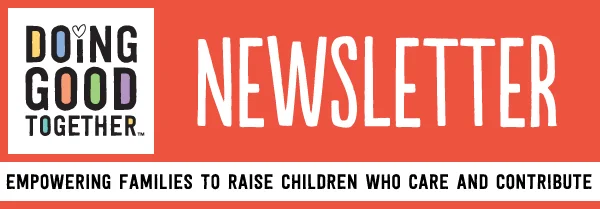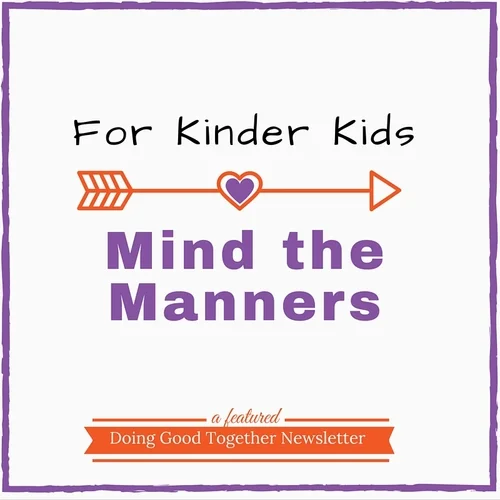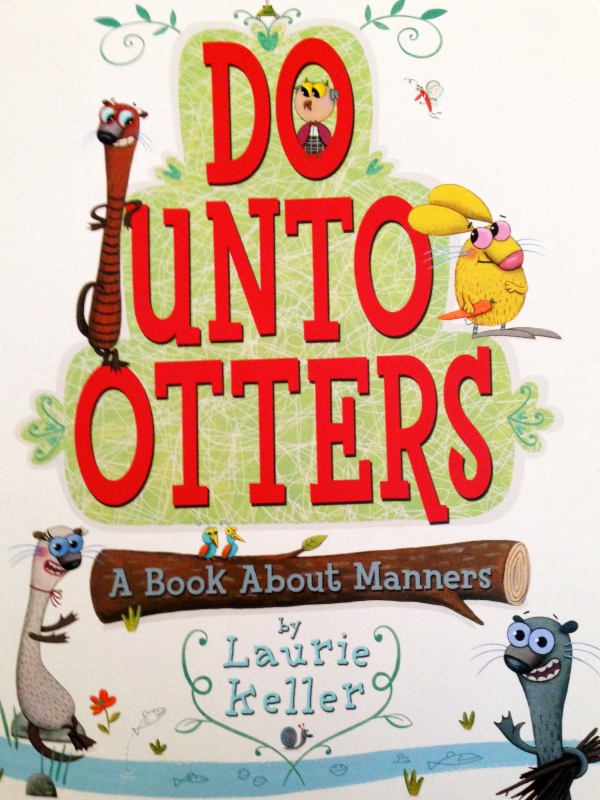FOR KINDER KIDS, MIND THE MANNERS
Emily Post, the queen of etiquette, famously said: "Manners are a sensitive awareness of the feelings of others. If you have that awareness, you have good manners, no matter what fork you use." At their core, manners are simply about caring for others. Teaching good manners requires patience, persistence and practice, but it's worth the effort. Manners provide valuable lessons in consideration, gratitude -- and most of all, respect. And the advent of social media, with the potential for public interactions, makes attention to manners doubly important.
-Jenny Friedman, Executive Director
POLITE KIDS 101
Make a Difference.....
Meet and greet: Teach your child to look the person they're meeting in the eye, and extend their hand. Give them a simple phrase to use, like "Nice to meet you." If asked how they are, they can respond, "Fine, thank you." Practice with your child, taking on different identities to make it fun. Once your child has this skill, being introduced to new people becomes less trying.
Guest appearances: When visiting a friend's house, instruct your child to express gratitude, be respectful of their host's possessions, ask before eating or exploring the house, and always appropriately acknowledge adults.
Helping hands: Remind your child to ask to help when they see someone needing assistance. That might mean holding open a door for someone struggling with groceries, or clearing their own dishes at a friend's house.
Remember the fundamentals. Outside the home and inside the home, make it routine to use "please" and "thank you."
Watch words: Be sure your children know you don't tolerate teasing or belittling of others. Also explain they should never comment on people's physical appearance (unless it's a compliment).
Respect privacy: Remind children of how they would like to be treated: knock on a closed door before entering, don't interrupt, and ask before touching what's not theirs.
Table rules: Teaching proper mealtime behavior can seem overwhelming, so focus on just one thing each week: putting napkins in laps, asking to have food passed, holding utensils correctly, not chewing with a full (or open) mouth, asking to be excused from the table, and never making unkind comments about the food.
Media manners: Set technology-free zones, such as the dinner table or when guests are in the home. Then enforce the rules.
MANNER OF SPEAKING
Talk About It.....
Talk to your children about WHY manners matter. Instead of nagging them to say "please" and "thank you," explain how it makes people feel when you make a polite request and show gratitude. It makes others feel good about helping them.
Have fun role-playing/practicing manners, including how to greet someone you've just met, expressing thanks after visiting a friend's house, offering to lend a hand, and saying "excuse me" when you need to interrupt or when you've accidentally bumped into someone.
Have an expectation of good manners by making comments like: "We're a family that treats others with respect." Acknowledge and praise your children when you see them practicing good manners. "I liked the way you thanked your grandmother for the cookies. You made her feel appreciated." Or, "That was considerate to wait and let that woman with the baby go ahead of you."
Don't tolerate rudeness in your children. Teach them that instead of lashing out, to learn to make "I" statements: "I feel frustrated when you take my stuff without asking."
Learn About It.....
Do Unto Otters: A Book about Manners by Laurie Keller.
Ages 4-8. A funny and clever take on manners, as Mr. Rabbit learns how to apply the Golden Rule to his new neighbors, the Otters.
INSPIRATION
"The test of good manners is to be able to put up pleasantly with bad ones."- Wendell Willkie, American lawyer, corporate executive and presidential candidate





